Politicians’ disqualification: An insult to voters or triumph of rule of law?
Political experts question role of State institutions; say these decisions undermine political and democratic process
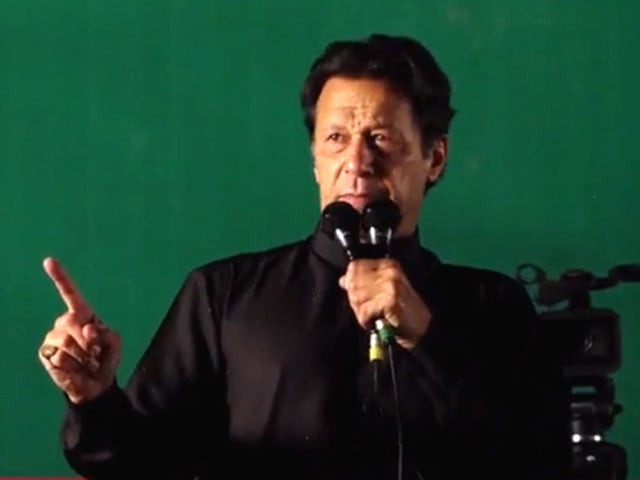
In August 2017, former premier Nawaz Sharif said five judges of the Supreme Court and not the voters had sent him home, asking if it was not an insult to the millions who elected him.
In his journey to Lahore via Grand Trunk Road after being disqualified on July 28, 2017, Nawaz, while criticising the judges who had disqualified him, reminded the people that only those who voted him into power could remove him.
The question of disqualification or a technical knockout was an insult to the voters resurfaced after PTI chairman and former premier Imran Khan joined the illustrious list of prime ministers, including PML-N supremo Nawaz and PPP's Yousaf Raza Gilani, who had faced the same fate on different technical grounds in the past.
Imran’s disqualification also triggered a debate if such decisions against popular political leaders strengthened the rule of law or if they were just another attempt to provide a level-playing field by applying a tested formula on a new target from time to time.
Political experts have also questioned the role of the State institutions, saying these decisions undermined the political and democratic process.
On Friday, five members of the Election Commission of Pakistan (ECP) disqualified Imran in the Toshakhana (gift depository) reference for deliberately concealing material facts as well as making a false statement before it.
The commission declared that the PTI chief had committed the offence of corrupt practices and his incorrect declaration attracted disqualification under Article 63(1) (P) of the Constitution read with sections 137, 167 and 173 of the ECP Act of 2017.
Pakistan Institute of Legislative Development and Transparency (PILDAT) President Ahmed Bilal Mehboob said the rule of law was the very basis on which democratic system stood.
He added that public approval was a must for anyone to hold an elected public office but only if the person continued to conform to the law.
“If he violates a law, he must face the consequences no matter how popular one is,” the PILDAT president noted.
“In fact, popular leadership should demonstrate exemplary conformance to law,” he observed.
Mehboob said as the ECP had not released its complete written order yet, it was difficult to understand the justification of disqualification though there might be a case for proceedings against Imran on the basis of alleged corrupt practices under sections 137, 167, 173, 174 and 190(2) of Elections Act, 2017.
Renowned political analyst Zaigham Khan said it was an open and shut case as far as the ECP was concerned.
He added that it would be surprising if Article 62(1)(f) was not invoked on the basis of misdeclaration in the statement of assets and liabilities submitted to the ECP as a similar case formed the basis for Nawaz's disqualification by the Supreme Court.
“Ousting incumbent prime ministers and former premiers in this way is problematic,” Zaigham said.
However, he added that the real issue was the jurisprudence that had evolved since 2016.
“The level playing field was defined as reversing the earlier injustices against the PML-N,” he said.
“However, matters appear to be evolving in a different direction,” Zaigham observed.
Eminent scholar Professor Dr Hassan Askari said the ECP’s judgment was more of a decision based on the use of administrative and legal power.
The professor added that the State institutions’ role also needed to be examined carefully, emphasising it should specifically be seen why they easily targeted political leadership.
Professor Askari, while himself revealing the reason, said the State institutions were fully aware that the political leadership felt happy over its opponents’ disqualification and other such legal and administrative actions.
He added that the institutions easily targeted politicians because the political forces had given them that space.
“In their brute struggle of power, political parties see no wrong in others’ disqualification.” Professor Askari noted.
“If [Prime Minister] Shehbaz Sharif is disqualified today, Imran Khan would be happy. The same is true for other political rivals but this is an unfortunate aspect of politics,” he concluded.

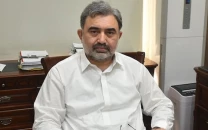
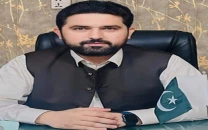
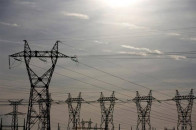
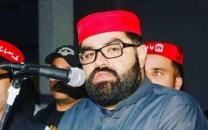
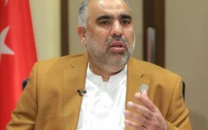
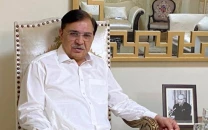












COMMENTS
Comments are moderated and generally will be posted if they are on-topic and not abusive.
For more information, please see our Comments FAQ